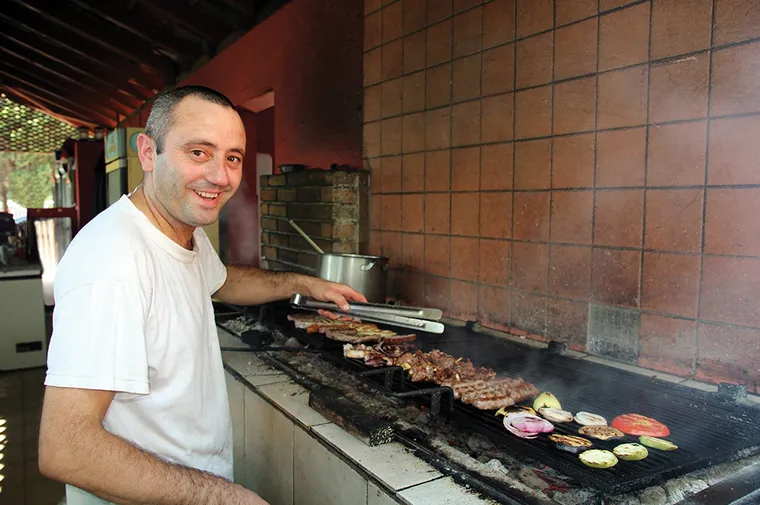How humor and improvisation can save almost any situation
In my junior year of college, I took a night job as a waiter in a four-star restaurant. The tips were phenomenal, and the experience was packed with lessons and growth opportunities. Anyone who worked a restaurant job in their youth can fondly recall their first exposure to the “restaurant staff” subculture. In this group, you typically find career servers who are very professional; however, there are others whose professional dreams have been sidelined, leading them back to waiting tables, washing dishes, short-order cooking, and related food-service jobs. As the bartender laments in Billy Joel’s “Piano Man,” “Bill, I’m sure that I could be a movie star/If I could just get out of this place.” That’s how many restaurant people talk. Missed opportunities, unfaithful spouses, a parent who needed care just as the waiter or waitress was about to seize the chance of a lifetime, and so on.
But since these people show resilience and toughness, they exhibit a sort of “Teflon” swagger. They don’t stay down long. They are survivors who are used to taking a hit and getting back up for the next punch. There are no wasted tears. Should you divulge something to them about what’s dragging you down, they will listen to your story and then shrug, smile, and say, “Well, I guess you better get on with it, kid.”


